Expert Vs. Lay Testimony - Accident Lawyer Hawaii

|

|

|

|
Product Liability Lawyer - Accident Attorney Hawaii
Law Office of William H. Lawson |
|
Defective Products - Table of Contents Expert vs. Lay Testimony - (Federal Rules)Products Liability Cases In HawaiiIn 2000, Rule 701 of the Federal Rules of Evidence relating to lay testimony was amended to include an additional subsection which reads as follows: "and (c) not based on scientific, technical or other specialized knowledge within the scope of Rule 702." Id. (emphasis added). The Advisory Committee Notes to amended Rule 701 explain that the addition of subsection (c) was an attempt "to eliminate the risk that the reliability requirements set forth in Rule 702 will be evaded through the simple expedient of proffering an expert in lay witness clothing." The notes further explain, however, that the amendment was not intended to affect the "prototypical example[s] of the type of evidence contemplated by the adoption of Rule 701 relat[ing] to the appearance of persons or things, identity, the manner of conduct, competency of a person, degrees of light or darkness, sound, size, weight, distance, and an endless number of items that cannot be described factually in words apart from inferences." Fed. R. Evid. 701 advisory committee's note (citing Asplundh Mfg. Div. v. Benton Harbor Eng'g, 57 F.3d 1190, 1196 (3d Cir. 1995)). Since the adoption of the amendment to Rule 701, there have been few cases which addressed this new amendment. However, one such case is found at Tampa Bay Shipbuilding & Repair Co. v. Cedar Shipping Co., Ltd., 320 F.3d 1213 (11th Cir. 2003). In that case, an argument to exclude lay witness testimony was made. The Court soundly rejected such exclusion. Its reasoning is summarized in the following paragraphs. "When the revision to Rule 701 was proposed, a memorandum from the Advisory Committee on Evidence Rules was sent to the Chair of the Standing Committee on Rules of Practice and Procedure which clarified that the purpose of the amendment was not to exclude the testimony of any lay witness who happened to also have specialized knowledge- but instead to prevent surprise expert witness testimony in NEW areas by having lay witnesses suddenly and unexpectedly testify as experts. Basically, they sought to reverse the trend which was occurring in the Asplundh (supra) line of cases where, for example, a lay witness was unexpectedly allowed to testify directly that a product was defective. See Memorandum from the Advisory Committee on Evidence Rules, to the Chair of the Standing Committee on Rules of Practice and Procedure (May 1, 1999) (on file with the Administrative Office of the United States Court) (the "Memo"). In the Memo, the Rules Committee explained that it had published an original proposed revision to Rule 701 and had issued the proposed rule for public comment. As issued for public comment, Rule 701(c) provided that lay opinion testimony could not be admitted if it was based on "scientific, technical or other specialized knowledge." The "within the scope of Rule 702" language was not in the proposed rule. The Memo went on to explain that the "public comment on the proposal was largely positive," but also noted that the major source of objection came from the Department of Justice ("DOJ"). Specifically, the DOJ was concerned that the inclusion of the term "specialized knowledge" would result in the conclusion that a determination that anyone who testifies and who has specialized knowledge in the area of their testimony, whether through experience or professional learning, would be subject to the expert disclosure rules." "The Committee carefully considered the DOJ's objections and determined that further revision was necessary in order to clarify that the amendment was not intended to "prohibit lay witness testimony on matters... that traditionally ha[d] been the subject of lay opinions" - even for someone who had scientific, technical or other specialized knowledge in the area of his testimony. Id. In order to address the DOJ's concern, the Committee added a further limitation after the words "specialized knowledge." As revised, the Rule now "provide[d] that testimony [could not] qualify under Rule 701 if . . . based on `scientific, technical or other specialized knowledge within the scope of Rule 702.'" Id. (emphasis in original). Summarizing the above revision, the Committee stated that the addition of "within the scope of Rule 702" would emphasize that the new language was designed to "protect against evasion of the Rule 702 reliability requirements, without requiring parties to qualify as experts those witnesses who traditionally and properly have been considered as providing lay witness testimony." Id. The amendment was intended to reverse the Asplundh line of cases and not to create a new requirement for expert witness disclosures for all persons with specialized knowledge. For example, treating physicians disclosed as "lay witnesses" continue to be exempt from the disclosure requirements for experts under the Federal Rules, even though they have specialized knowledge. Cf. Davoll v. Webb, 194 F.3d 1116, 45 Fed.R.Serv.3d 441 (10th Cir. 1999)" The Federal Rules of Evidence Rule 701 - "Opinions by Lay Witnesses" includes the Advisory Committee's notes to the 2000 Amendments. The last paragraph of that 2000 commentary reads: "The amendment incorporates the distinctions set forth in State v. Brown, 836 S.W.2d 530, 549 (1992), a case involving former Tennessee Rule of Evidence 701, a rule that precluded lay witness testimony based on 'special knowledge'. In Brown, the court declared that the distinction between lay and expert witness testimony is that lay testimony 'results from a process of reasoning familiar in everyday life,' while expert testimony 'results from a process of reasoning which can be mastered only by specialists in the field'. The court in Brown noted that a lay witness with experience could testify that a substance appeared to be blood, but that a witness would have to qualify as an expert before he could testify that bruising around the eyes is indicative of skull trauma. That is the kind of distinction made by the amendment to this Rule." Lay witnesses - as a result - have been allowed to testify (1) that a footprint in snow looked like someone had slipped, National Life & Accident v. Follett, 168 Tenn. 647, 80 S.W.2d 92 (1935), or (2) that a substance appeared to be blood. State v. Mabon, 648 S.W.2d 271, 274 (Tenn.Crim.App. 1982), (3) that defendant's feed mixture was the cause of sickness in the heard. 1954), (4) that a floor was slippery, Allen v. Matson Nav. Co., 255 F.2d 273 (9th Cir. (Cal.) 1958); (5) that an observed individual was intoxicated. Gaynor v. Atlantic Greyhound Corp., 183 F.2d 482 (3rd Cir. (Pa.) 1950); (6) that a reddish burn mark consistent with those left by a stun gun, U.S. v. Myers, 972 F.2d 1566 (11th Cir. (Ga.) 1992), rehearing denied, 980 F.2d 1449, cert. denied 507 U.S. 1017 and so forth. "[P]erceptions based upon industry experience is a sufficient foundation for lay opinion testimony." Buckman v. Bombardier Corp., 893 F.Supp. 547 (E.D.N.C. 1995) [Employees of manufacturer of recreational watercraft could offer opinions based on their own experiences as to operational characteristics, engineering, and effects of lack of maintenance on watercraft.] Burlington Northern R. Co. v. Nebraska, 802 F.2d 994 (8th Cir. 1986); Farner v. Paccar, Inc., 562 F.2d 518, 520 (8th Cir. 1977) [Truck operator with extensive experience in the industry could testify regarding the proper use of safety chains]; Gravely v. Providence Partnership, 549 F.2d 958, 961 (4th Cir. 1977) [Staircase company's president could testify regarding safety considerations of conventional versus spiral staircases] Lay witness in federal court proceeding is permitted to offer opinion on basis of relevant historical or narrative facts that witness has perceived. Modern trend favors admission of lay opinion testimony provided that it is well founded on personal knowledge and susceptible to specific cross-examination. Teen-Ed, Inc. v. Kimball Intern., Inc., 620 F.2d 399 (3rd Cir. (N.J.) 1980); Buckman v. Bombardier Corp., 893 F.Supp. 547 (E.D.N.C. 1995). Teen-Ed, Inc. v. Kimball Intern., Inc., 620 F.2d 399 at 404 (3rd Cir. (N.J.) 1980) "Testifying as a layman, [a witness is] more restricted than if he were proffering opinion evidence as an expert. See, Fed.R.Evid. 702 and 703. the essential difference,... is that a qualified expert may... not only testify from 'facts or date... perceived by' him, but also from what is 'made known to him at or before the hearing.'"
|
|
Accident Lawyer Hawaii
Law Offices of William H. Lawson
New client hotline:
Pearl City, Aiea and Waipahu:
Main business phone: Products Liability - Cases & Comment Jones Act- maritime law and seaman cases The Constitution Of The State Of Hawaii Recent Personal Injury and Car Accident News
|
|
Awards and Honors 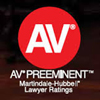 Martindale Hubbell - AV rated lawyer - Best Rating Possible
Martindale Hubbell - AV rated lawyer - Best Rating Possible
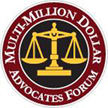 Multi-Million Dollar Advocates Forum
Multi-Million Dollar Advocates Forum
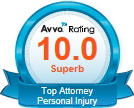 AVVO Top Rated Personal Injury Attorney, 10 of 10
AVVO Top Rated Personal Injury Attorney, 10 of 10
 ATLA Top 100
ATLA Top 100
 Lawyers.com - Rated 5.0 out of 5.0 - Top Rating Possible
Lawyers.com - Rated 5.0 out of 5.0 - Top Rating Possible
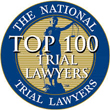 National Trial Lawyers - Top 100 Trial Lawyers
National Trial Lawyers - Top 100 Trial Lawyers
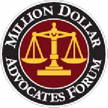 Million Dollar Advocates Forum
Million Dollar Advocates Forum
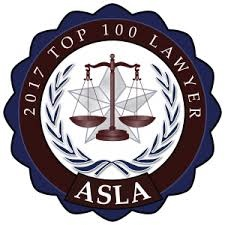 American Society of Legal Advocates - Top 100 - 2017
American Society of Legal Advocates - Top 100 - 2017
 Marquis' Who's Who in the World, Who's Who in America and Who's Who in American Law
Marquis' Who's Who in the World, Who's Who in America and Who's Who in American Law
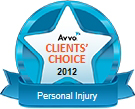 AVVO Clients' Choice Personal Injury Lawyer
AVVO Clients' Choice Personal Injury Lawyer
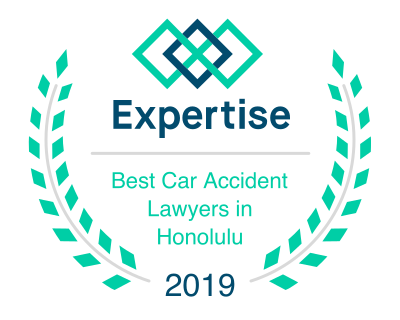 Expertise - Best Car Accident Lawyers in Honolulu 2019
Expertise - Best Car Accident Lawyers in Honolulu 2019
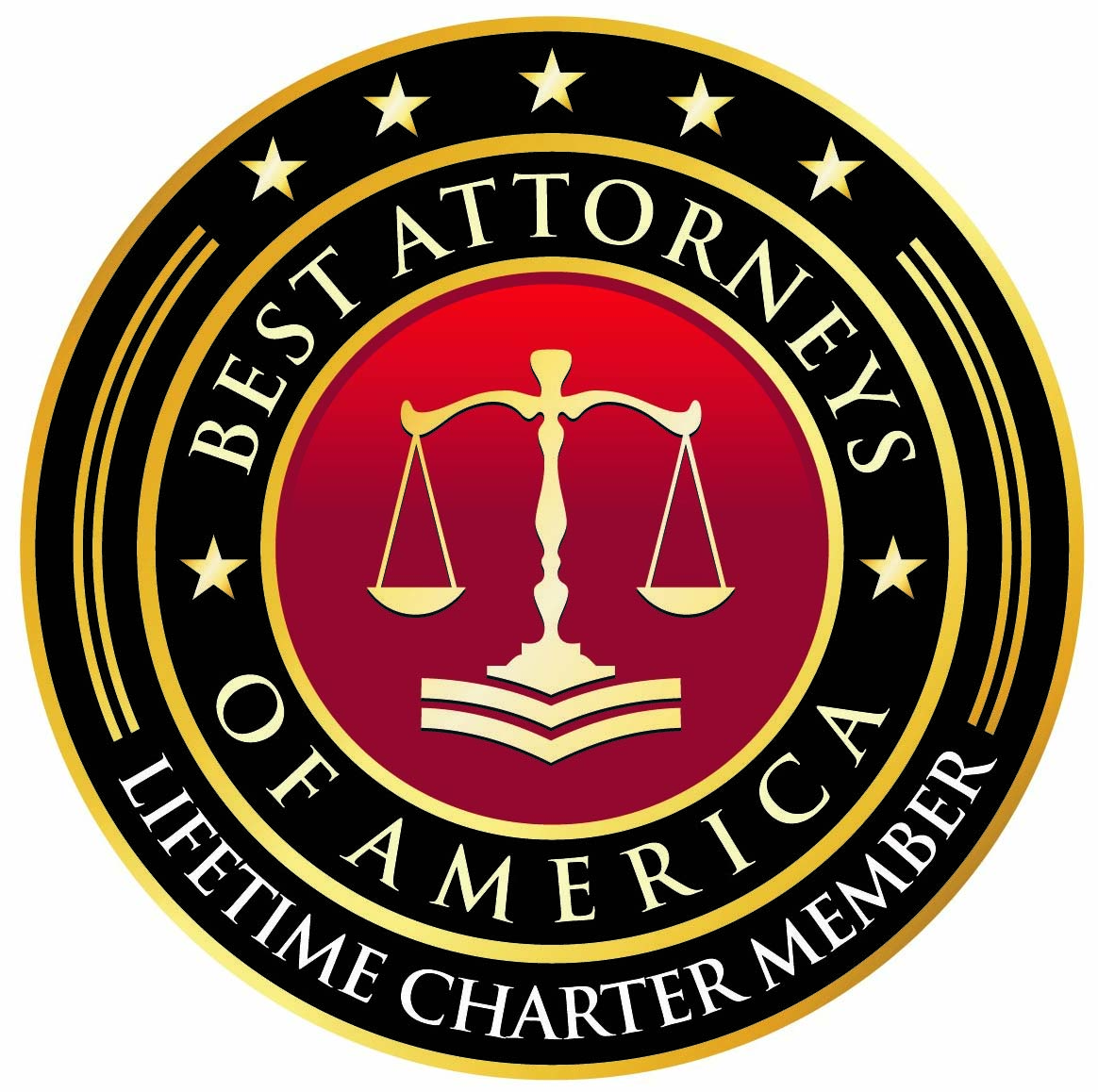 Best Attorneys in America - Life Charter Member
Best Attorneys in America - Life Charter Member
|
|
Click on a box below to choose one of our 4 menus:
There is NO CHARGE for sending your case information to our law firm. The information provided on this website is preliminary and informational ONLY. It is not legal advice. The use of our webpages does not establish an attorney-client relationship. This website is copyright 1999-2020 and the contents of this website are the property of Personal Injury Attorney William H Lawson. The Terms and Conditions of Use for this website and our Privacy Policy are available here for your consideration. All rights reserved. Hawaii Defective Products Liability Attorney LawyerWe thank you for visiting our site! |






